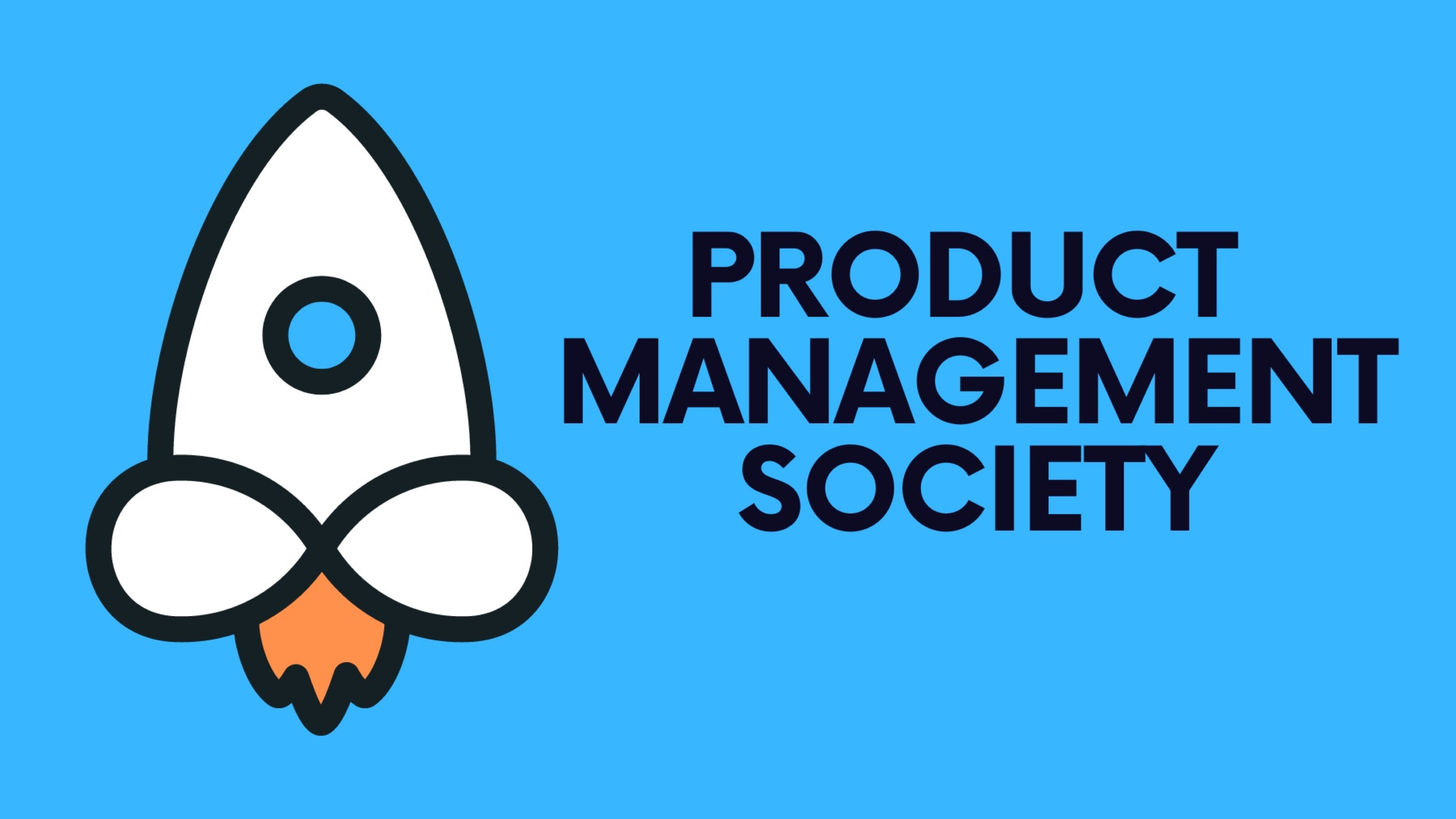Product management is a dynamic and rewarding field at the intersection of technology, business strategy, and user experience. As the driving force behind product development, product managers are crucial in bringing innovative products to market that meet customer needs and business goals. If you're considering a career in product management, this guide will provide you with a step-by-step roadmap to enter and excel in this exciting profession.
1. Understand the Role of a Product Manager
Key Responsibilities:
- Strategic Vision: Define the product's vision and roadmap in alignment with company goals.
- Market Research: Analyze market trends, customer feedback, and competitive products.
- Cross-Functional Leadership: Collaborate with engineering, design, marketing, and sales teams.
- Product Development: Oversee the product lifecycle from conception to launch and beyond.
- Data-Driven Decisions: Use analytics to inform product improvements and feature prioritization.
Understanding these responsibilities will help you assess whether this role aligns with your skills and career aspirations.
2. Develop Essential Skills
Technical Understanding:
- Basic Technical Knowledge: Familiarity with software development processes and technologies.
- Analytical Skills: Ability to interpret data and market research to make informed decisions.
Soft Skills:
- Communication: Articulate ideas clearly to stakeholders and team members.
- Leadership: Inspire and guide cross-functional teams without direct authority.
- Problem-Solving: Tackle challenges creatively and efficiently.
- Time Management: Prioritize tasks to meet deadlines and manage the product roadmap effectively.
3. Gain Relevant Education
Formal Education:
- Bachelor's Degree: Degrees in business, engineering, computer science, or related fields are advantageous.
- Master's Degree (Optional): An MBA or a Master's in Product Management can provide advanced knowledge and open up higher-level opportunities.
Certifications and Courses:
- Product Management Certifications: Consider programs from Product School, General Assembly, or Pragmatic Institute.
- Online Courses: Platforms like Coursera, Udemy, and LinkedIn Learning offer courses on product management fundamentals.
4. Acquire Practical Experience
Start in Related Roles:
- Entry-Level Positions: Roles in marketing, sales, customer support, or business analysis can provide valuable experience.
- Technical Roles: Positions like software engineer or UX designer offer insight into the product development process.
Internships and Projects:
- Internships: Seek internships specifically in product management to gain hands-on experience.
- Side Projects: Work on personal projects or volunteer for non-profits to build a portfolio.
5. Build a Professional Network
Networking Strategies:
- Attend Industry Events: Join conferences, workshops, and meetups related to product management.
- Join Professional Associations: Become a member of organizations like Product Management Society.
- Online Networking: Participate in LinkedIn groups, forums, and online communities dedicated to product management.
6. Prepare a Strong Resume and Portfolio
Highlight Relevant Experience:
- Skills and Achievements: Emphasize skills like strategic planning, team leadership, and successful projects.
- Quantifiable Results: Showcase how your contributions led to measurable outcomes.
Create a Portfolio:
- Case Studies: Include detailed accounts of projects you've worked on, outlining your role and the impact of your work.
- Product Artifacts: Share examples of product roadmaps, user stories, or wireframes you've developed.
7. Ace the Interview Process
Interview Preparation:
- Common Questions: Prepare for questions about your experience, how you handle challenges, and your understanding of product management principles.
- Product Critiques: Be ready to analyze and critique existing products, suggesting improvements.
Demonstrate Your Passion:
- Stay Informed: Be knowledgeable about industry trends and emerging technologies.
- Express Enthusiasm: Show genuine interest in the company and its products.
8. Continue Learning and Development
Stay Updated:
- Industry Blogs and Podcasts: Follow thought leaders and stay informed about the latest trends.
- Books and Publications: Read essential product management literature to deepen your knowledge.
Seek Mentorship:
- Find a Mentor: Connect with experienced product managers who can provide guidance and advice.
- Join Communities: Engage with peers for support, knowledge sharing, and collaboration.
Conclusion
Becoming a product manager is a journey that combines education, skill development, and practical experience. You can successfully transition into product management by understanding the role, building the necessary skills, and actively pursuing opportunities to grow. Remember that persistence, continuous learning, and networking are vital components in advancing your career in this dynamic field.
If you’re finding this blog valuable, consider sharing it with friends, or subscribing if you aren’t already. Also, consider coming to one of our Meetups and following us on LinkedIn ✨
Thanks for reading Product Management Society! Subscribe for free to receive new weekly posts 🚀







